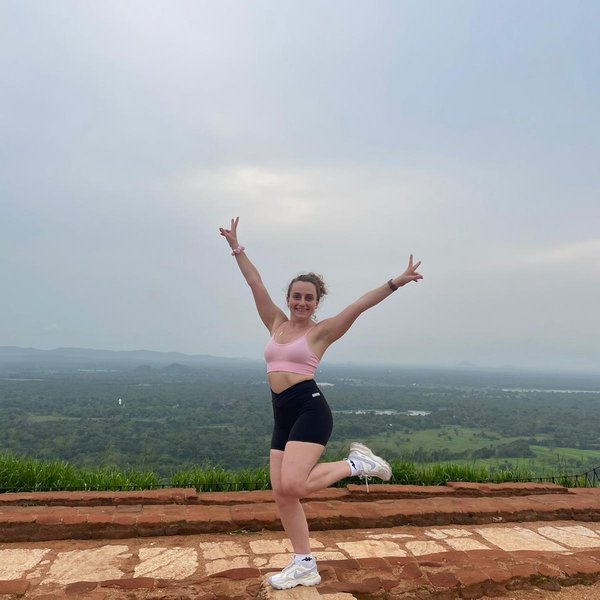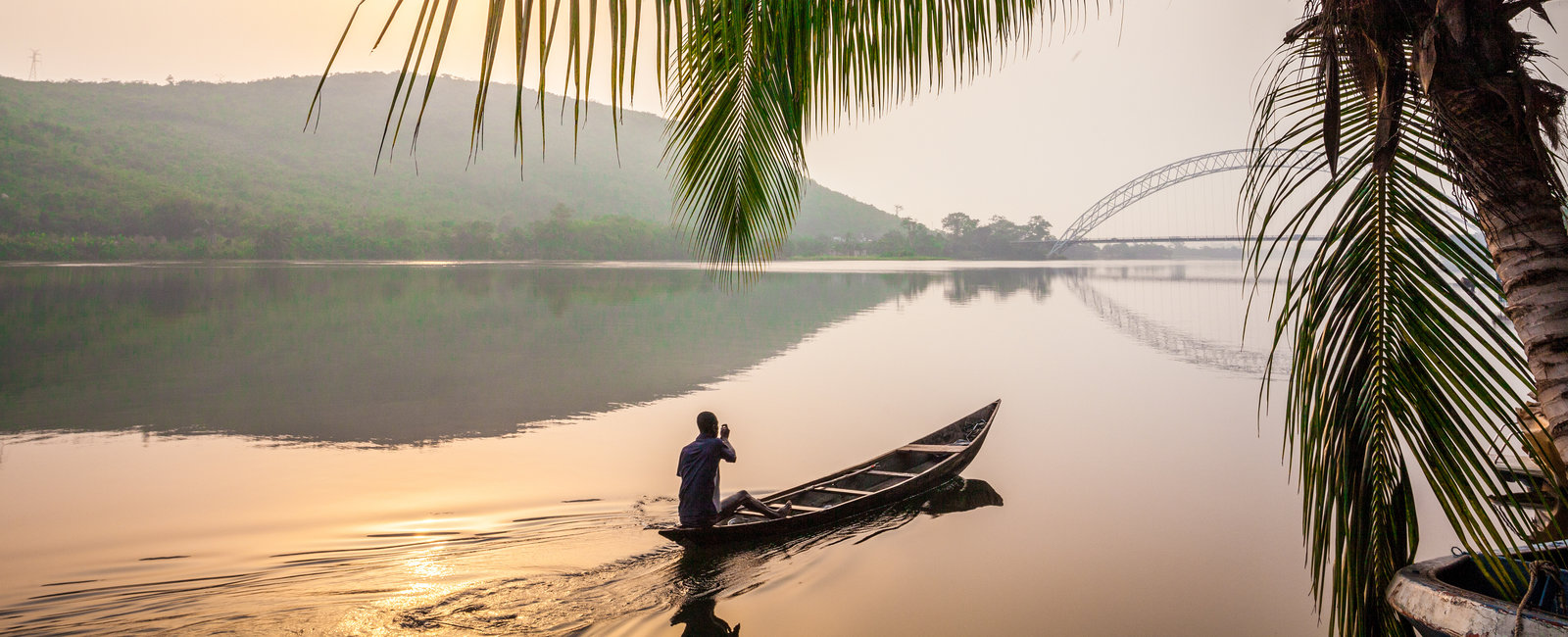James Cook University 2025
My decision to do an overseas placement was driven by my passion for global health and my desire to broaden my understanding of healthcare in different cultural settings. As an international student from South Africa studying in Australia, I was drawn to gaining more experience in Africa. Ghana stood out as a perfect choice, so I chose to do a 5-week placement in paediatrics, NICU, delivery unit and child health, as well as the village healthcare week.
Stepping into the hospital for the first time was overwhelming, with stark differences in resources – limited beds and cots, a lack of privacy, curtains, and minimal equipment. It was a stark contrast to what I was used to. Despite the challenges, the warmth of the staff made for unforgettable first impressions. Their smiles and greetings made me feel instantly welcome, creating a supportive and friendly atmosphere from the very beginning.
I had the opportunity to refine my skills, particularly in neonatal and general systems exams. I learnt about conditions such as sickle cell disease, malaria, and HIV, gaining first-hand experience in assisting with diagnosis and management in a resource-limited setting. I assisted in multiple births, dressed several wounds, and conducted home visits, where I learnt how to provide care for patients with limited access to healthcare. One of the fun skills I learnt was weighing babies the Ghanaian way! This used a special hanging scale and was a fun and different skill that I got to experience!
One of the most memorable cases I encountered was a 13-year-old girl with severe burns from a petroleum fire. Nearly a year after her injury, her family chose to stop hospital treatment, instead choosing to go for a traditional remedy using palm nut oil and seawater. Unfortunately, when we did a home visit, her wounds were showing signs of gangrene. At first, I struggled to understand their decision, but this experience taught me the importance of cultural sensitivity in healthcare. By respecting their perspective and carefully explaining the risks, we were able to guide them back to the hospital for treatment.
Healthcare in Ghana differs significantly from Australia, particularly in resources, infrastructure and access to care. There was limited equipment, with premature babies sharing incubators. There were no private delivery suites, and access to diagnostic investigations was limited. The biggest difference was the cost of healthcare. Whereas healthcare is covered by government facilities in Australia, patients in Ghana must pay for their healthcare. This financial barrier had a direct impact on patient outcomes, with some unable to afford the necessary care.
Evenings were spent unwinding with housemates. We enjoyed cultural nights with drumming, dance and beading workshops. Tuesdays brought language lessons and fortnightly clinical lessons. Thursdays were a highlight – BBQ night filled with great food, laughter and dancing! On weekends, I visited Nzulezu, the village on stilts, learnt to surf at Busua beach, hiked Ghana’s tallest peak in the Volta region and swam beneath a breathtaking waterfall. In Cape Coast, I explored Ghana’s history, including the Trans-Atlantic slave trade and took part in batik fabric dyeing and Ghanaian cooking classes.
To others who are thinking about an overseas placement, I'd say stop thinking and just do it! It is a once-in-a-lifetime experience that you will never forget. You’ll gain invaluable skills, immerse yourself in a new healthcare system and develop a deep appreciation for a different culture. More importantly, you’ll learn so much about yourself. Travelling to Ghana and having this experience is something I will forever cherish. If you’re considering it, take the leap – you won’t regret it.








